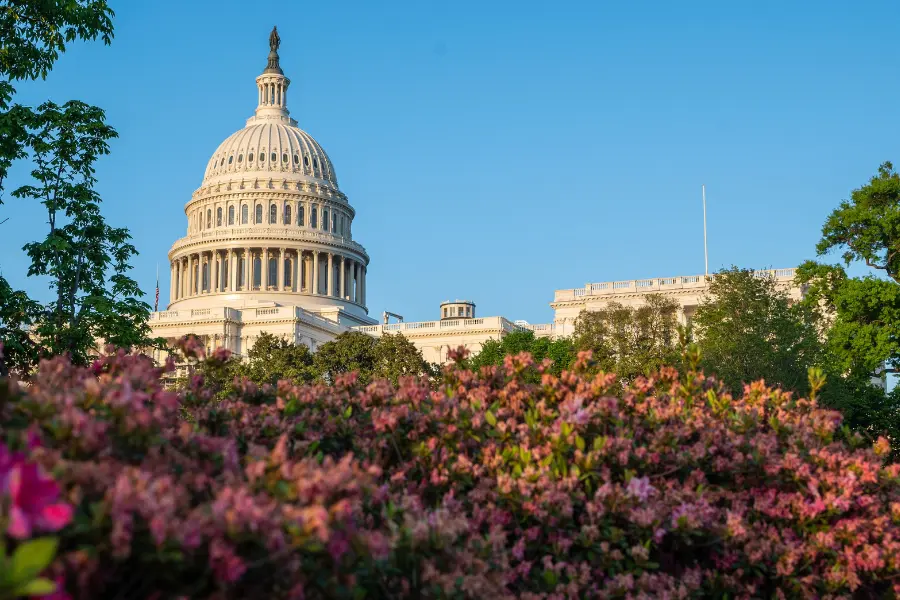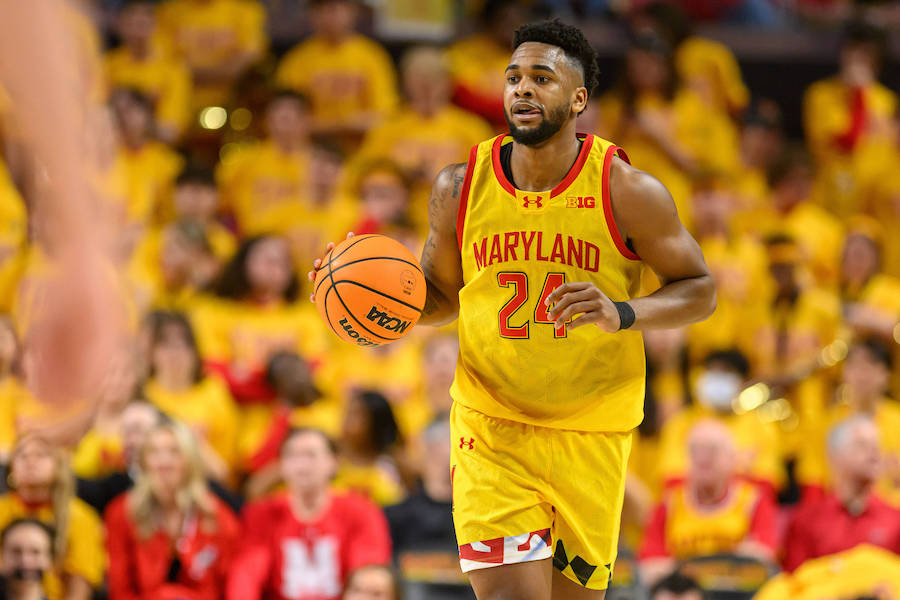In the past decade, only Michigan, West Virginia, Pennsylvania, and Connecticut had joined New Jersey, Delaware, and Nevada (online poker only) in offering the gambling option.
But there are hints that changing.
Last month, Rhode Island Gov. Daniel McKee signed into law a bill that is expected to bring online casino gaming to the state in the first quarter of 2024.
The Arizona Lottery, meanwhile, recently unveiled “The Lucky Lounge” – a virtual location on its website that allows visitors to play any of four so-called sweepstakes games that offer the potential to win cash prizes.
That sounds a lot like a precursor to a subsequent push to launch online casino gaming in the state.
Now Maryland has shown some signs that it could become the eighth state – if it beats out Arizona – to offer such gambling. And as it happens, Maryland already offers similar sweepstakes games.
The Fiscal Year 2024 state budget includes a requirement that the Maryland State Lottery & Gaming Control Agency produce a study on the possible impacts of legal online casino gaming by Nov. 15.
Lottery officials have already issued a request for proposals (RFP) for third parties interested in conducting the study, and the same officials said there have been multiple inquiries about the opportunity.
The winning vendor will be asked to analyze the following topics:
- The estimated market size for online casinos in Maryland, based on population relative to states that already have legalized it;
- The overall results of legal online casino gaming in those states;
- Any potential impact, positive or negative, on the state’s brick-and-mortar casinos;
- A similar review of the impact on the state’s lottery;
- Whether online casino legalization would have a significant negative impact on the rate of problem gambling in the state.
Maryland’s Progress so Far
State Sens. Ron Watson and Nancy King co-sponsored a bill introduced in January 2023 known as the Internet Gaming Authorization and Implementation Act that, if it had passed, would have set the stage for voters across the state to decide on the legalization of online casinos in Maryland in Nov. 2024.
The Act set a licensing fee of $500,000 and a tax rate of 15%.
But the bill failed to advance before the end of the 2023 legislative session in April, dampening the mood of many backers. That’s why the budget’s requirement for a study on the issue proved to be such welcome news.
Watson and/or King likely will introduce an amended online casino bill early next year that takes into account some of the results from the study.
If it passes both the state Senate and Assembly next spring, that would still leave enough time for a ballot question to land on the November 2024 ballot.
If passed, then Maryland residents and visitors could be playing online casino games starting sometime in 2025.
Watson – reportedly an avid poker player – has estimated that the state could collect up to $100 million in annual tax rate from legal online casino gaming.
A look at the online casino tax collection results in New Jersey produces mixed results.
On the one hand, New Jersey – with about a 50% larger population than Maryland – took in $249 million in such taxes in 2022.
But it’s also worth noting that last year was the ninth full year of online casino gaming in New Jersey. In year five – 2018 – the state’s online casino tax revenue was just $45 million.
Those numbers suggest that it may take quite a few years for Maryland to reach the desired $100 million figure.
One counterpoint is that there is already legal online sports betting in Maryland as an option, and the state’s sportsbooks will be able to offer substantial incentives to get those existing customers to cross over to their online casino platforms.







